The ossicles the malleus incus and stapes are ? [ Training professional ]
Question 111-1 : Located in the middle ear located in the inner ear located in the outer ear are not located in the ear
 Located in the middle ear.
Located in the middle ear. The organ which metabolises alcohol from the body is the ?
Question 111-2 : Liver spleen pancreas kidneys
 Liver.
Liver. The normal sleep cycle is approximately every ?
Question 111-3 : 90 minutes 60 minutes 120 minutes 180 minutes
 90 minutes.
90 minutes. The normal rate of breathing when at rest is ?
Question 111-4 : 12 to 20 cycles a minute 25 to 30 cycles a minute 32 to 40 cycles a minute 60 to 100 cycles a minute
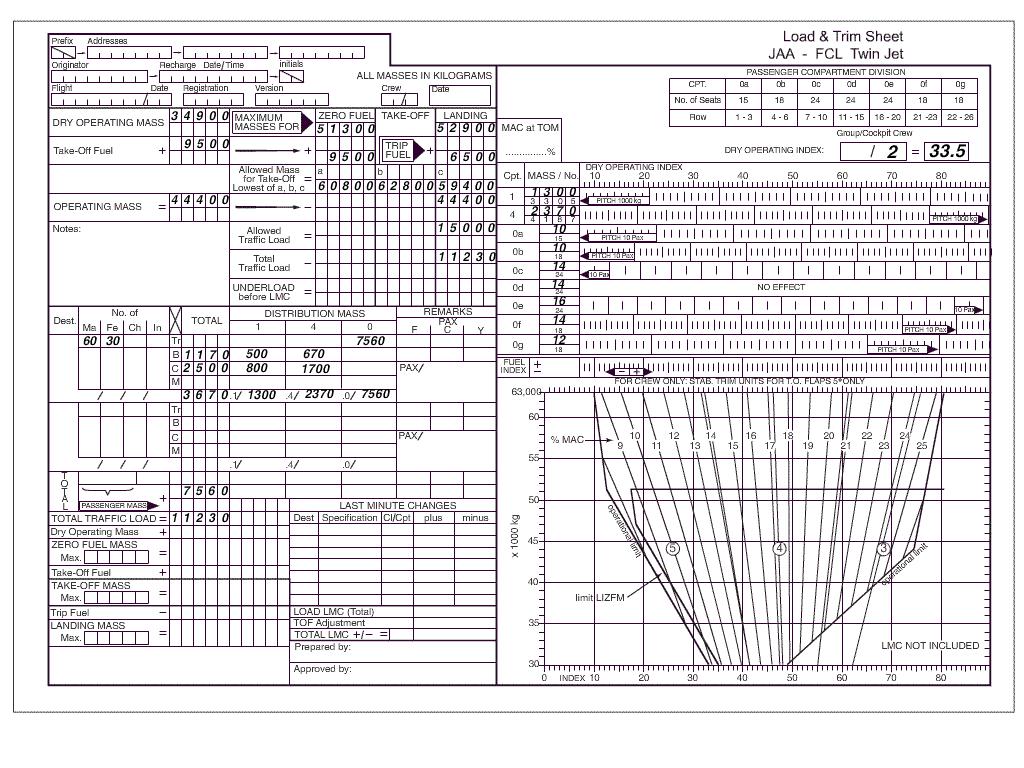 12 to 20 cycles a minute.
12 to 20 cycles a minute. The most dangerous type of incapacitation in flight is one that ?
Question 111-5 : Develops slowly and gradually insidious occurs very quickly is not severe in its effect is temporary
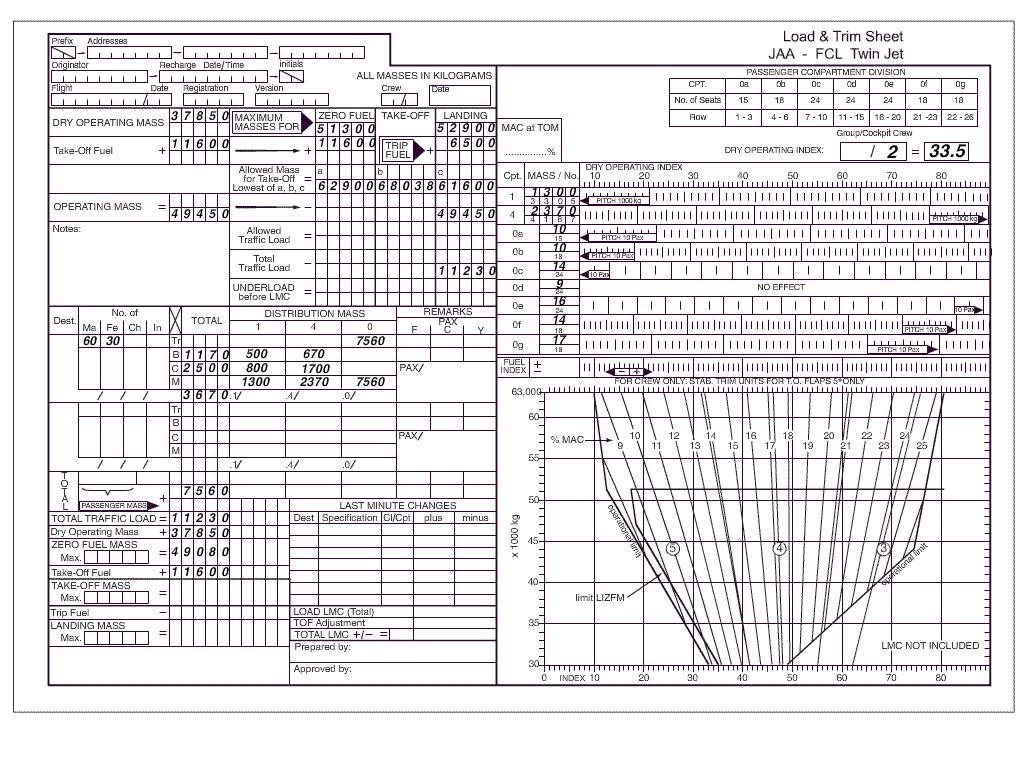 Develops slowly and gradually (insidious).
Develops slowly and gradually (insidious). The main reason why it is inadvisable to fly when suffering from a cold is that ?
Question 111-6 : Pain and damage to the eardrum can result particularly during fast descents gentle descents at high altitude can result in damage to the ear drum swollen tissue in the inner ear will prevent the air from ventilating through the tympanic membrane swollen tissue in the eustachian tube will cause permanent hearing loss
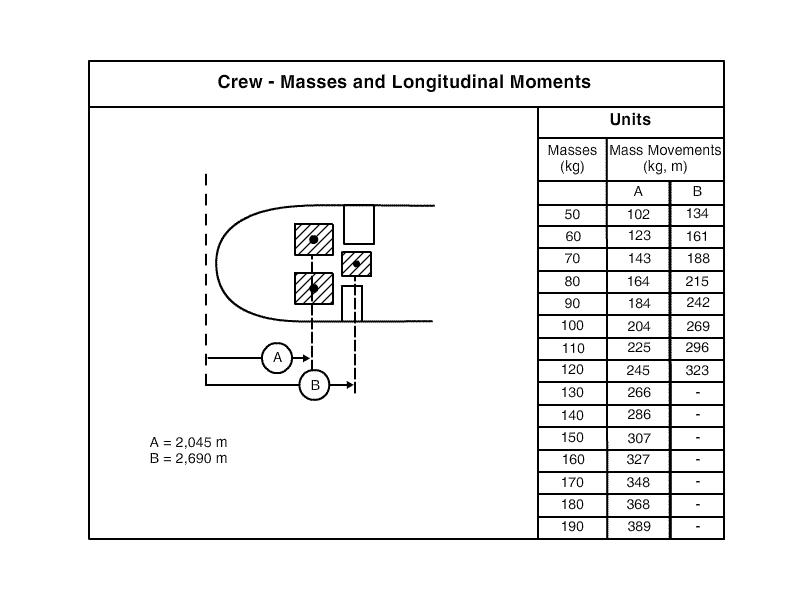 Pain and damage to the eardrum can result, particularly during fast descents.
Pain and damage to the eardrum can result, particularly during fast descents. The function of the eustachian tube is to equalise the pressure between the ?
Question 111-7 : Middle ear and the external atmosphere sinuses of the nose and the external atmosphere nose throat and the external atmosphere sinuses
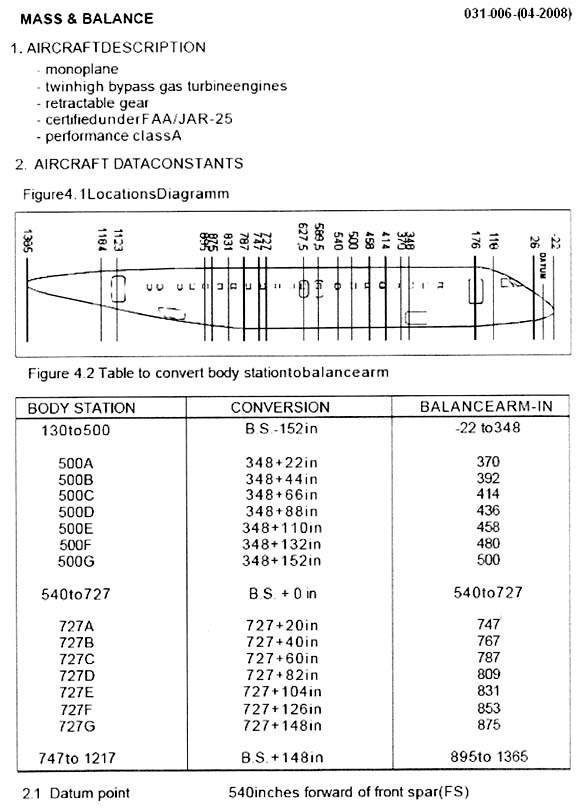 Middle ear and the external atmosphere.
Middle ear and the external atmosphere. The changes in atmospheric gas pressure with altitude are ?
Question 111-8 : Non linear with a higher rate of change at lower levels rises with altitude decreases in a linear manner with altitude decreases more slowly at lower altitudes compared with at higher levels
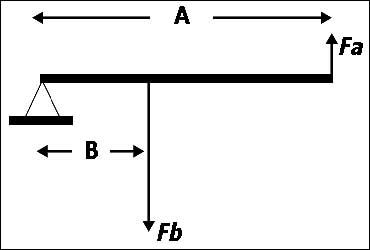 Non-linear, with a higher rate of change at lower levels.
Non-linear, with a higher rate of change at lower levels. The human vestibular system performs spatial orientation by ?
Question 111-9 : Measuring linear and radial acceleration within the inner ear comparing the body's position to gravity over the tympanic membrane comparing linear and radial speeds of the body to the attitude of the aircraft measuring fluid movements in the tympanic membrane of the middle ear
Which symptom of hypoxia is the most dangerous for conducting safe flight ?
Question 111-10 : The degradation of reasoning and perceptive functions dizziness lack of adaptation lack of accommodation
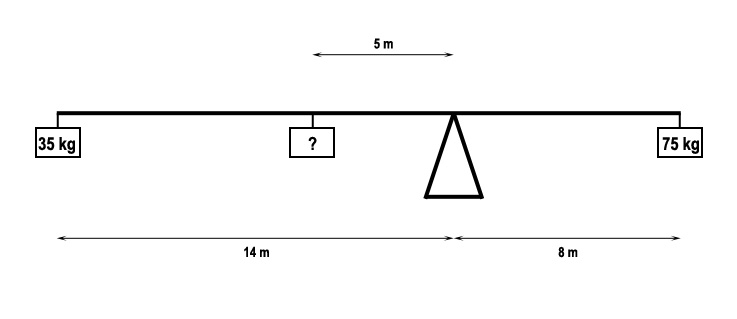 The degradation of reasoning and perceptive functions.
The degradation of reasoning and perceptive functions. Contrary to a person's personality attitudes ?
Question 111-11 : Are the product of personal disposition and past experience with reference to an object or a situation form part of personality and as a result cannot be changed in an adult are non evolutive adaptation procedures regardless of the result of the actions associated with them are essentially driving forces behind changes in personality
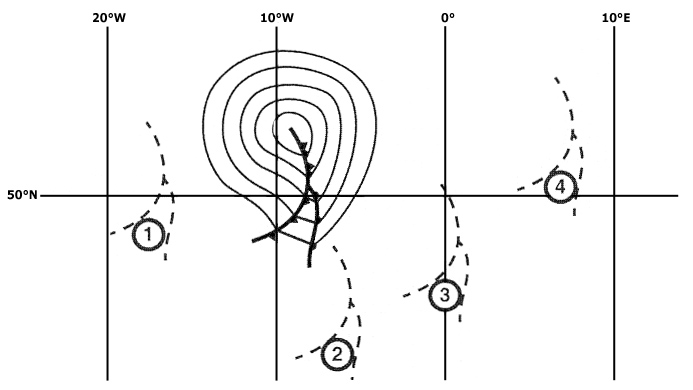 Are the product of personal disposition and past experience with reference to an object or a situation.
Are the product of personal disposition and past experience with reference to an object or a situation. Does noise above 90 db improve performance ?
Question 111-12 : Never depends upon the awareness of the individual sometimes
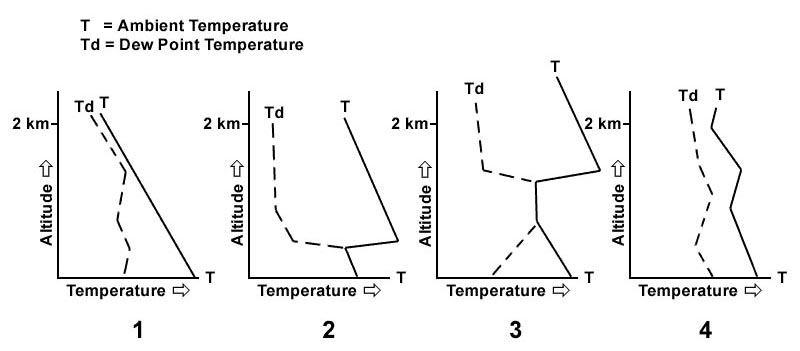 Never.
Never. Decompression sickness/illness is characterized by ?
Question 111-13 : Over saturated nitrogen gas molecules in the body tissues muscle pains in small muscles such as the finger and toe muscles which are also known as the 'chokes' negligible symptoms that need no attention or therapy headache and dizziness caused by oxygen bubbles due to the low partial pressure of oxygen
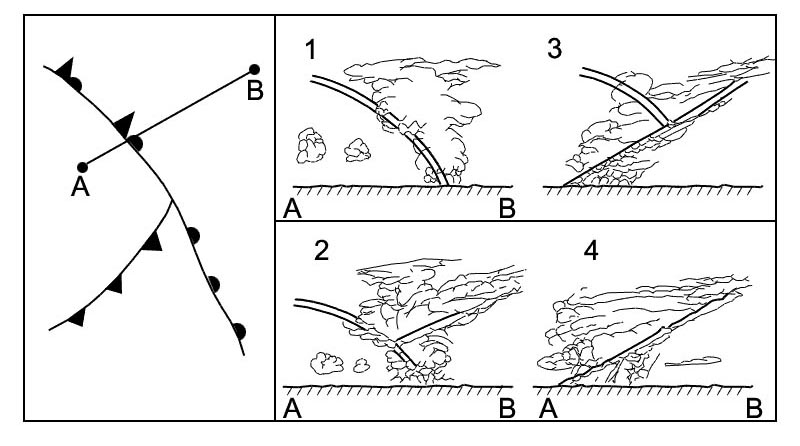 Over-saturated nitrogen gas molecules in the body tissues.
Over-saturated nitrogen gas molecules in the body tissues. Crm crew resource management and mcc multi crew coordination training are ?
Question 111-14 : The quality of crew performance individual achievement individual efficiency and contribution the quality and a number of individuals' performance
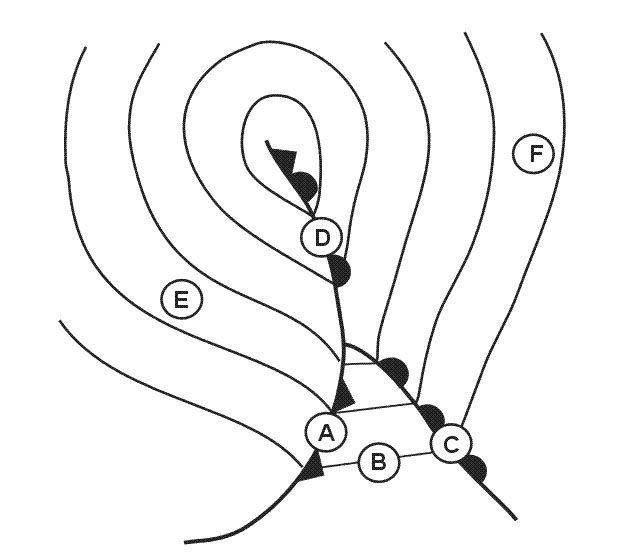 The quality of crew performance.
The quality of crew performance. Even at normal cabin altitudes i e around 8000 ft you can get severe abdominal ?
Question 111-15 : Descend to a lower altitude climb to a higher altitude perform 'valsalva manoeuvre' use supplemental oxygen
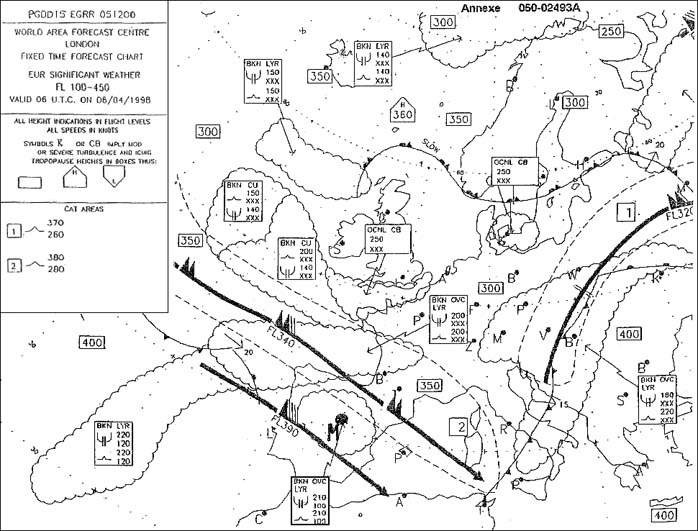 Descend to a lower altitude.
Descend to a lower altitude. Conductive hearing loss can be caused by .1 damage to the ossicles in the ?
Question 111-16 : 1 3 and 4 are correct 2 is false 2 3 and 4 are correct 1 is false 1 2 and 3 are correct 4 is false 1 2 3 and 4 are correct
 1, 3 and 4 are correct, 2 is false.
1, 3 and 4 are correct, 2 is false. Carbon monoxide poisoning ?
Question 111-17 : Is more likely to occur in aeroplanes where the cabin heating is supplied by passing cabin air over the exhaust manifold s is more likely to occur in aeroplanes with twin engines because of high engine efficiency only occurs in jet driven aeroplanes occurs only above 15 degrees oat
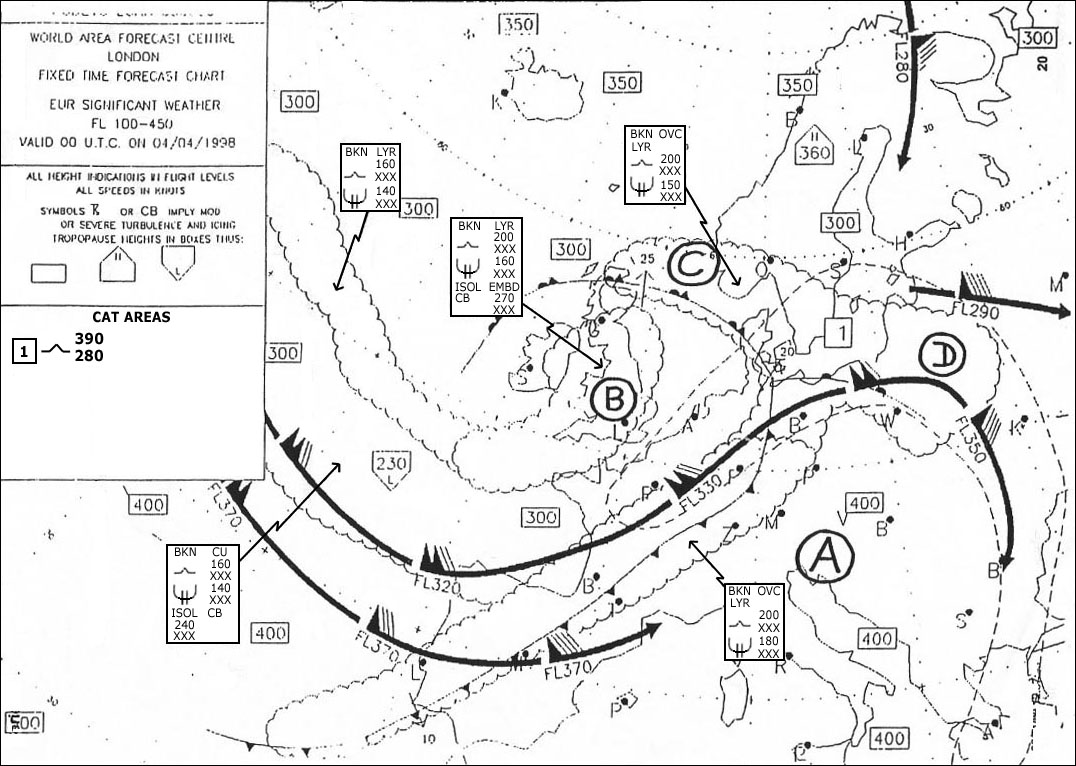 Is more likely to occur in aeroplanes where the cabin heating is supplied by passing cabin air over the exhaust manifold(s).
Is more likely to occur in aeroplanes where the cabin heating is supplied by passing cabin air over the exhaust manifold(s). Carbon monoxide is particularly dangerous because .1 its initial symptoms are ?
Question 111-18 : 1 2 3 4 and 5 1 2 3 and 5 only 2 3 and 4 only 2 3 4 and 5 only
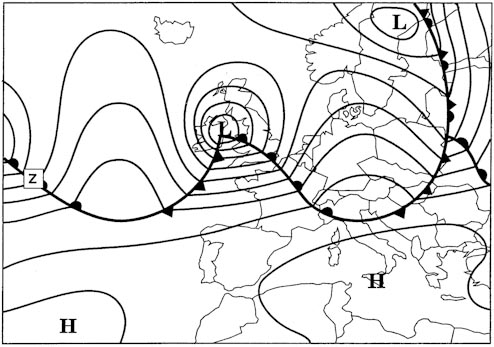 1, 2, 3, 4 and 5.
1, 2, 3, 4 and 5. Which statement is correct ?
Question 111-19 : Oxygen diffusion from the blood into the cells depends on the partial oxygen pressure gradient oxygen is mainly transported in plasma the gradient of diffusion is higher at altitude than it is at sea level oxygen diffusion from the lungs into the blood does not depend on partial oxygen pressure
 Oxygen diffusion from the blood into the cells depends on the partial oxygen pressure gradient.
Oxygen diffusion from the blood into the cells depends on the partial oxygen pressure gradient. Which statement about acute or chronic fatigue is incorrect ?
Question 111-20 : Acute fatigue generally has psychological roots chronic fatigue may be caused by inadequate recuperation from periods of acute fatigue chronic fatigue may lead to a person being totally apathetic and indifferent to what goes on around them acute fatigue is felt after a period of significant exertion or emotional excitement
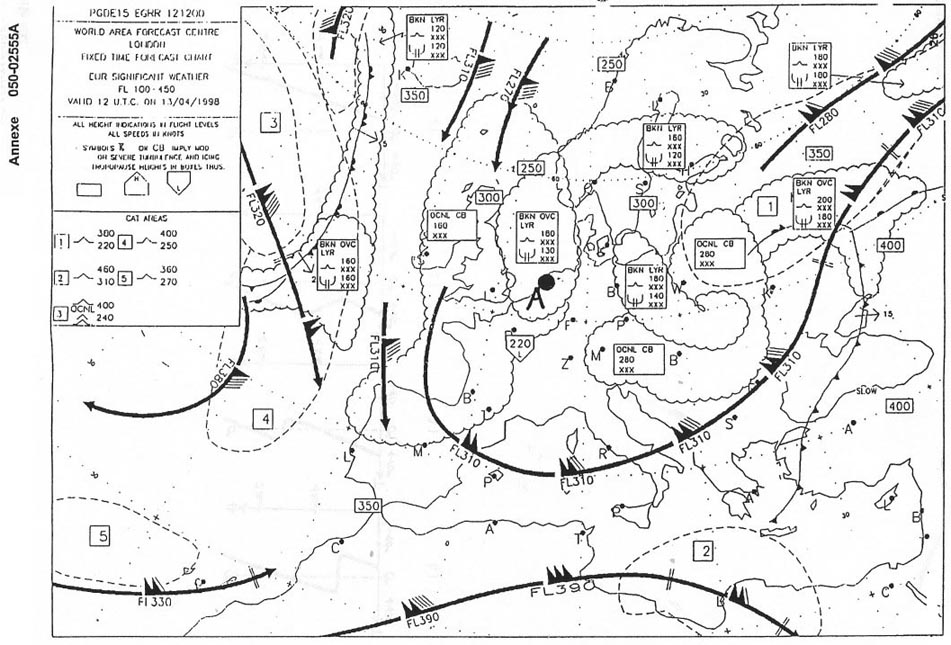 Acute fatigue generally has psychological roots.
Acute fatigue generally has psychological roots. The body obtains its energy from ?
Question 111-21 : Carbohydrates protein and fats minerals and vitamins minerals carbohydrates and vitamins protein and vitamins
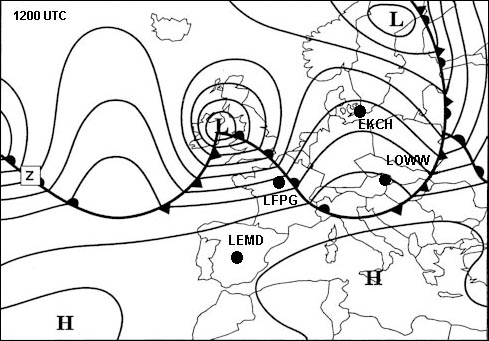 Carbohydrates, protein and fats.
Carbohydrates, protein and fats. The blood in the pulmonary artery is ?
Question 111-22 : Lacking in oxygen and rich in carbon dioxide lacking in both oxygen and carbon dioxide rich in oxygen and lacking in carbon dioxide rich in both oxygen and carbon dioxide
 Lacking in oxygen and rich in carbon dioxide.
Lacking in oxygen and rich in carbon dioxide. Equalization of air pressure between the outer and the middle ear is ?
Question 111-23 : Important to prevent pain and loss of hearing during flight impossible during descent because the pressure within the middle ear is higher than in the ambient air more important during climb because the lower pressure within the middle air can damage the tympanic membrane difficult to achieve when pressure changes are at a low rate
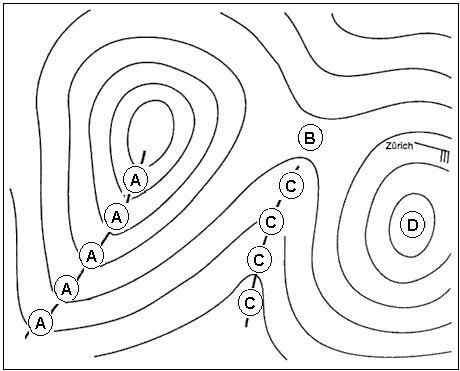 Important to prevent pain and loss of hearing during flight.
Important to prevent pain and loss of hearing during flight. While flying vfr 'wings level' on top of clouds at 10 000 feet your artificial ?
Question 111-24 : You trust the instrument and level off according to the instrument read out you pull the circuit breaker to the artificial horizon knowing that perceptional illusions called 'leans' might severely impair your control of the aircraft you take the proper action by 'leaning' toward the lower end of the artificial horizon thus compensating for the perceptional illusion no attitude correction is needed since you know that your vision is more reliable than the instrument with regards to spatial orientation
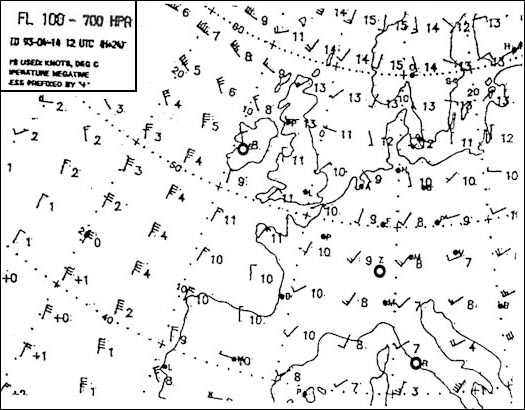 You trust the instrument and level off according to the instrument read-out.
You trust the instrument and level off according to the instrument read-out. The average pulse of a healthy adult at rest is about ?
Question 111-25 : 60 to 80 beats/min 30 to 50 beats/min 90 to 100 beats/min 110 to 150 beats/min
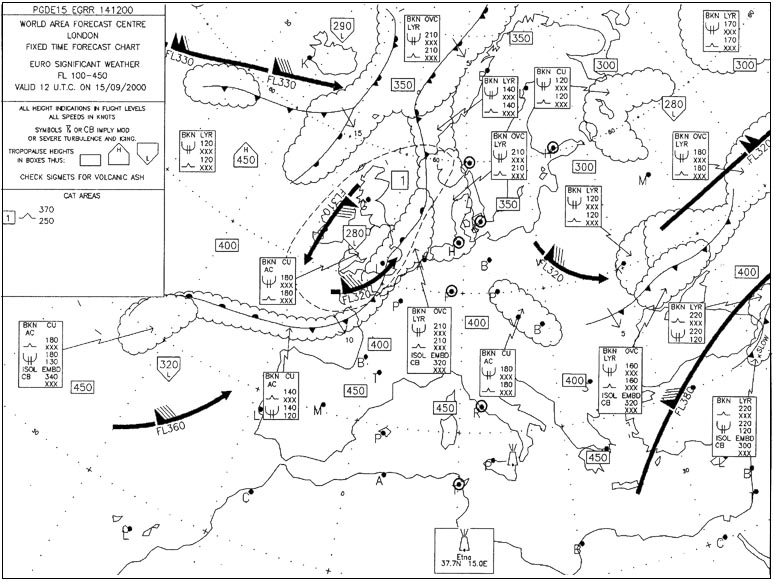 60 to 80 beats/min.
60 to 80 beats/min. The autonomic nervous system ans regulates ?
Question 111-26 : Sweating arterial pressure body temperature and the general adaptation syndrome motor programmes and reflexes reflexes only reflexes body temperature and reasoning
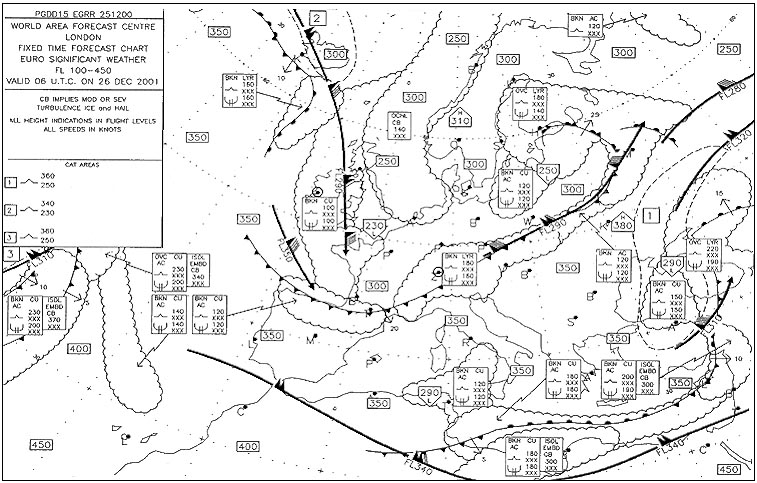 Sweating, arterial pressure, body temperature and the general adaptation syndrome.
Sweating, arterial pressure, body temperature and the general adaptation syndrome. The atmosphere contains the following gases ?
Question 111-27 : 78% nitrogen 21% oxygen 0 03% carbon dioxide rest rare gases 78% oxygen 21% nitrogen 1% carbon monoxide rest rare gases 78% helium 21% oxygen 1% carbon monoxide rest rare gases 78% helium 21% oxygen 0 03% carbon dioxide rest rare gases
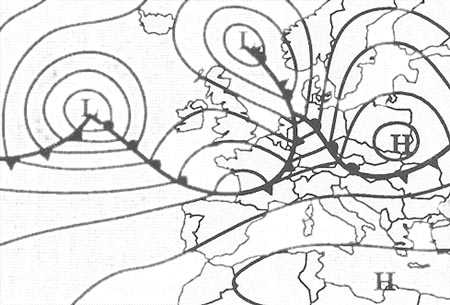 78% nitrogen, 21% oxygen, 0,03% carbon dioxide, rest: rare gases.
78% nitrogen, 21% oxygen, 0,03% carbon dioxide, rest: rare gases. The ability of the human eye to read alphanumeric information is ?
Question 111-28 : Limited to the foveal area of the retina limited to daytime using the rod cells almost equally shared by the entire retina governed by peripheral vision over an area of approximately 20 degrees of angle
 Limited to the foveal area of the retina.
Limited to the foveal area of the retina. The 5 human senses tend to adapt ?
Question 111-29 : This statement is true this statement is untrue touch is the exception this statement is untrue none adapt this statement is untrue only sight adapts ie night flying
 This statement is true.
This statement is true. Expanded abdominal air following rapid decompression at 30 000 feet ?
Question 111-30 : May be dangerous causing great pain is usually not dangerous because only the partial pressure of the oxygen affects the nervous system will not cause pain if you evacuate the air via the mouth can be reduced if you take drinks with high contents of carbondioxide before take off
 May be dangerous causing great pain.
May be dangerous causing great pain. Excessive intake of aspirin can cause ?
Question 111-31 : Gastric bleeding sensory loss fits memory impairment
 Gastric bleeding.
Gastric bleeding. Which of the following is most true ?
Question 111-32 : Regular exercise is beneficial to general health but the most efficient way to lose weight is by reducing calorie consumption regular exercise is an impediment to losing weight since it increases the metabolic rate regular exercise is beneficial to general health and is the only effective way to lose weight regular exercise and reduction in calorie consumption are both essential in order to lose weight
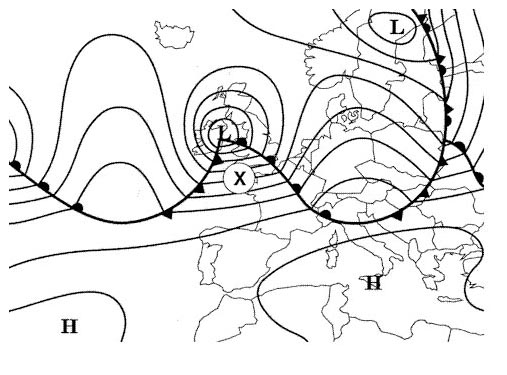 Regular exercise is beneficial to general health, but the most efficient way to lose weight is by reducing calorie consumption.
Regular exercise is beneficial to general health, but the most efficient way to lose weight is by reducing calorie consumption. Where on the arousal/performance graph is a pilot best placed to cope with a ?
Question 111-33 : Below the 'breakpoint' beyond the 'breakpoint' at the 'breakpoint' at any point on the graph
 Below the 'breakpoint'.
Below the 'breakpoint'. When the weather is foggy on approach a pilot may get a feeling of ?
Question 111-34 : The airfield being further away than actually is his/her visual field shrinking i e tunnel vision his/her e focusing on infinity aircraft altitude being lower than it actually is
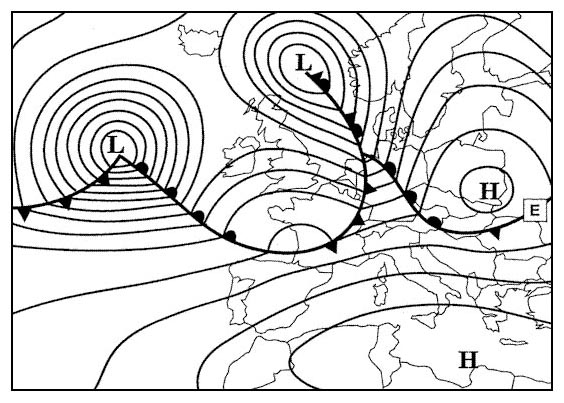 The airfield being further away than actually is.
The airfield being further away than actually is. When might a pilot have the sensation of a nose low attitude ?
Question 111-35 : When decelerating in straight horizontal flight during linear acceleration when turning angular acceleration when climbing at greater than 2000 ft/min
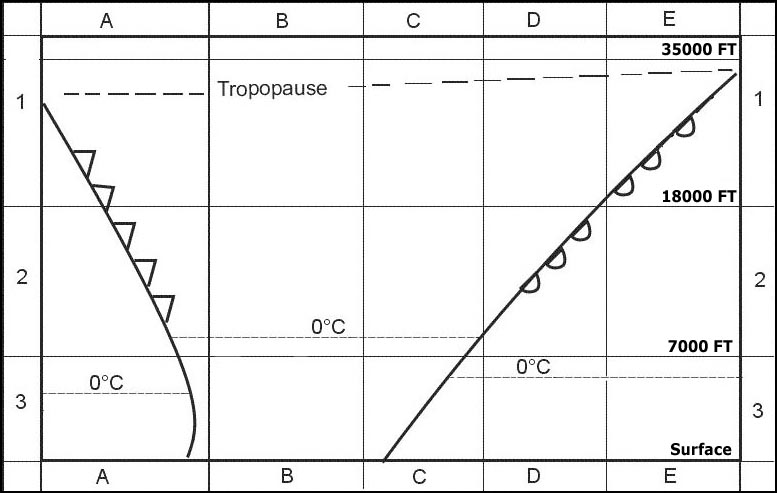 When decelerating in straight, horizontal flight.
When decelerating in straight, horizontal flight. Which is the audible range to human hearing ?
Question 111-36 : Between 20 hz and 20 khz between 20 mhz and 20 000mhz between 20 khz and 20 khz between 20 hz and 20 mhz
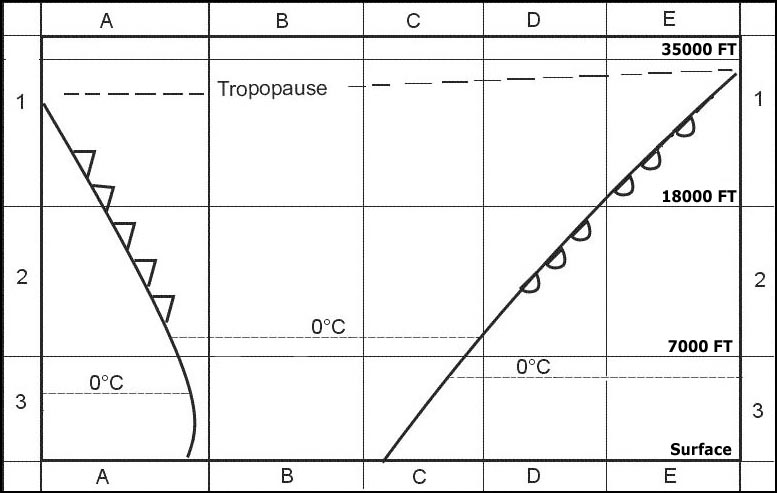 Between 20 hz and 20 khz.
Between 20 hz and 20 khz. Which of the following statements is/are correct .1 rem sleep becomes shorter ?
Question 111-37 : 1 is false 2 is correct 1 and 2 are both correct 1 is correct 2 is false 1 and 2 are false
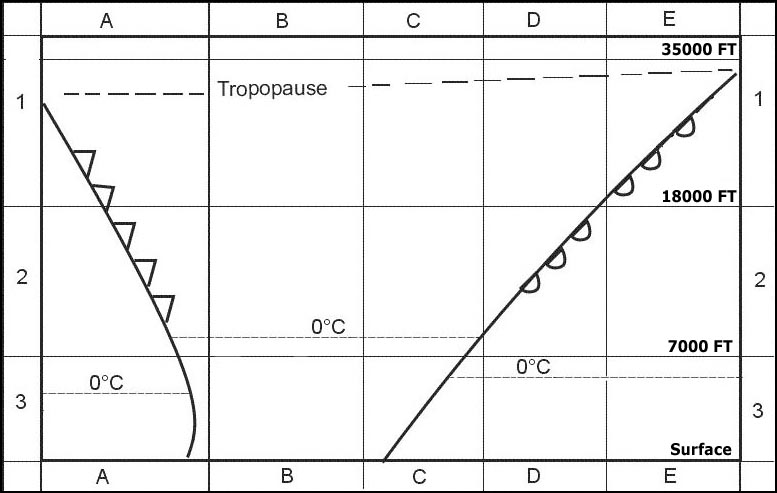 1 is false, 2 is correct.
1 is false, 2 is correct. Which of the following statements is correct concerning flight in an ?
Question 111-38 : It is difficult to estimate the correct speed and size of approaching objects it is impossible to detect objects there is no problem to estimate the correct speed and size of approaching objects it is unlikely that visual illusions occur
 It is difficult to estimate the correct speed and size of approaching objects.
It is difficult to estimate the correct speed and size of approaching objects. Which of the following is correct ?
Question 111-39 : 70% 80% of information processed by man enters the visual channel the kinestatic channel is the most important channel in flying hearing is the most important sense for man 40% of information processed by man enters the visual channel
 70% - 80% of information processed by man enters the visual channel.
70% - 80% of information processed by man enters the visual channel. Which of the following statements concerning tiredness is correct ?
Question 111-40 : Tiredness is a subjective sensation which may result in hypovigilance tiredness is always the result of an intellectual overload tiredness is the consequence of poor performance tiredness always effect people of the same age in a similar way
 Tiredness is a subjective sensation which may result in hypovigilance.
Tiredness is a subjective sensation which may result in hypovigilance. ~
Exclusive rights reserved. Reproduction prohibited under penalty of prosecution.
4399 Free Training Exam
